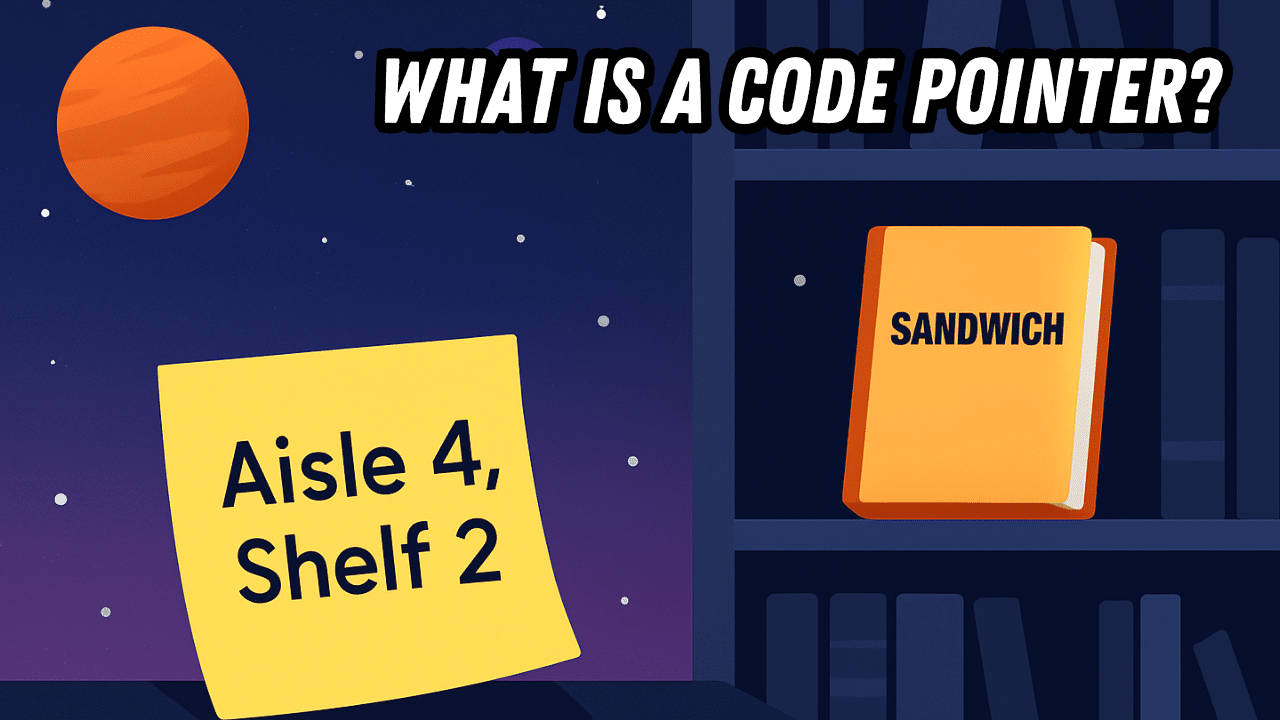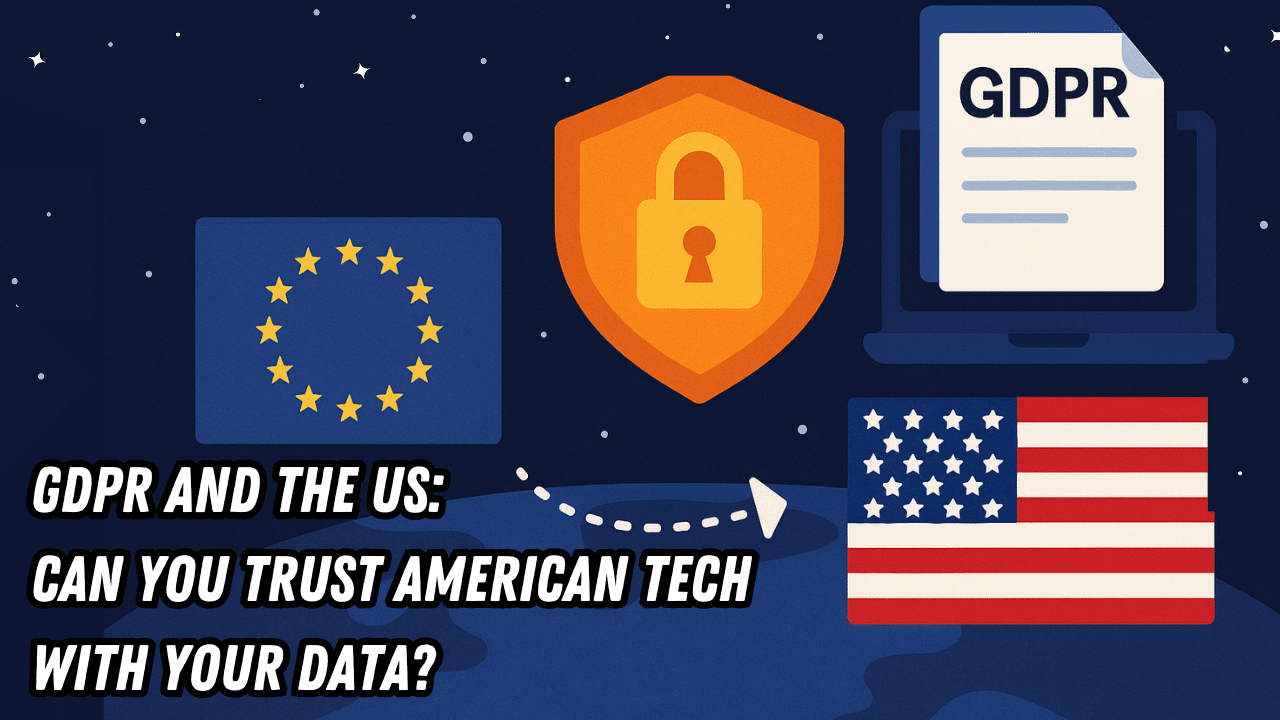
7 January 2025

Exploring Ofcom’s Online Safety Reset
The internet is a vast expanse of information, entertainment, and, unfortunately, potential dangers, especially for children. With growing concerns about online safety, Ofcom has announced a major reset aimed at child safety. But can we really scrub the internet clean?
Let’s delve into the details.
Ofcom’s Major Reset
Ofcom’s recent consultation proposes robust age checks, safer algorithms for personalised content, and more effective moderation of content accessible to children. This ambitious plan targets over 150,000 services, making it a colossal undertaking. The goal is to protect young users from harmful content, but the implementation is far from straightforward.
Tech Companies’ Current Efforts
Big tech companies are already taking steps to address these issues. Meta is implementing new safety measures on Facebook and Instagram to combat grooming, while Twitch is trying to shield young users from mature content. However, these measures often feel like playing whack-a-mole with a foam bat—inefficient and somewhat comical in the face of such a serious issue.
The Age Assurance Debate
A significant part of Ofcom’s plan involves age assurance, which has sparked a heated debate. Proposed methods like AI-powered facial scans to verify age raise privacy concerns. There’s also the risk of pushing children towards more dangerous online spaces if these methods prove too invasive or ineffective. Moreover, some parents and siblings inadvertently aid underage social media use, complicating enforcement.
Encryption and Privacy Challenges
End-to-end encryption, offered by services like Signal and WhatsApp, provides privacy but makes it difficult to detect abuse. This creates a tug-of-war between protecting children and guarding digital privacy. Ofcom is prepared to impose hefty fines on companies that fail to comply, underscoring the high stakes involved.
Our Conclusion
The challenge of cleaning up the internet is complex and vital. Striking the right balance between safeguarding young users and preserving digital liberties is crucial. Ofcom’s major reset aims to protect children but faces the massive task of overseeing a vast number of online services. While tech companies are implementing new safety measures, concerns about their effectiveness and the potential push towards riskier online spaces remain. Age verification methods raise privacy issues, and encryption complicates oversight.
So, can we really scrub the internet clean, or is it a pixelated pipe dream? One thing is certain: navigating the information superhighway safely will require ongoing efforts, evolving legislation, and continuous adaptation by tech companies. Stay tuned, stay informed, and most importantly, stay safe online.
Want to know more, check out Dave The Lesson Hacker’s YouTube video – https://youtu.be/SaAGNg6bZDc
For more Lesson Hacker Videos check out the CraignDave YouTube playlist HERE.
Visit our website to explore more cutting-edge tech-transforming news in the computer science world!










